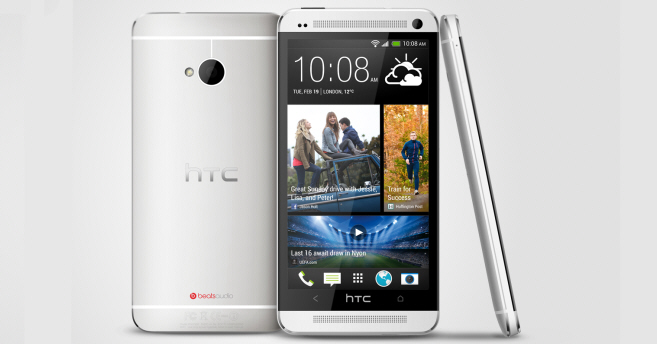
HTC One comes to AT&T and Sprint
On Tuesday, U.S. mobile operators AT&T and Sprint revealed important details concerning the availability of the HTC One. Starting Thursday, April 4, the device is offered for pre-order on AT&T, while Sprint subscribers have to wait another day. At both carriers sales start April 19.
Pricing is conservative, as on a two-year contract the HTC One in 32GB trim runs for $199.99 at both AT&T and Sprint, similar to the BlackBerry Z10 (on AT&T) or the 16GB Apple iPhone 5 -- both of which come with half the storage capacity. Available colors for the HTC One include black and silver. On AT&T, customers that pre-order the device also get an HTC Media Link HD wireless HDMI adaptor for free.
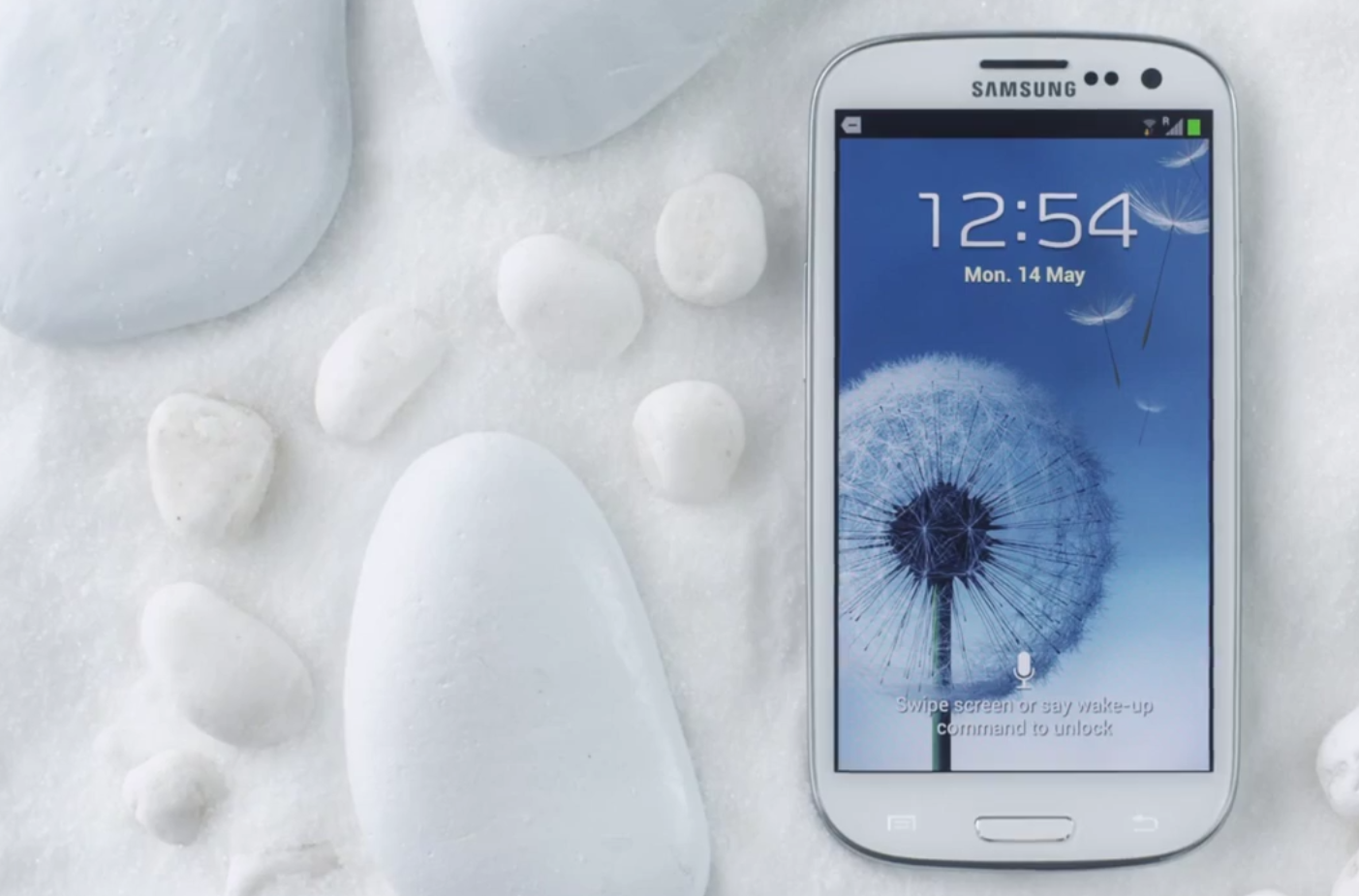
Samsung and Sprint dim iPhone 5's launch-sales glow
Only T-Mobile can save iPhone now. Apple's U.S. market share, as measured by smartphone operating system, retreated in February, according to data Kantar Worldpanel ComTech released today. With the iPhone 5 initial release sales glow gone, and a rapidly saturating market for a product feature set now three models old, share isn't sustainable. Meanwhile, Android gains -- as does Windows Phone.
iPhone share, based on sales, fell to 43.5 percent for the three months ended in February. That's down from 45.9 percent in January and from 47 percent a year earlier. By comparison Android is up -- to 51.2 percent from 49.4 percent sequentially and 45.4 percent annually. By the same reckoning, Windows Phone rose to 4.1 percent from 3.2 percent and 2.7 percent share.

Android 4.2.2 factory images available for Verizon Samsung Galaxy Nexus
One month after Android 4.2.2 started to roll out into the wild for Nexus devices, the latest treat in the candy jar has also arrived on the Verizon-branded Samsung Galaxy Nexus. To complete the cycle, Google also updated the factory images for the handset to the latest green droid iteration.
The factory images can be used by Galaxy Nexus users to update their handsets to Android 4.2.2 Jelly Bean, restore the software to the factory default settings, return to the stock green droid flavor after running a custom distribution, or update the radios, among other purposes.
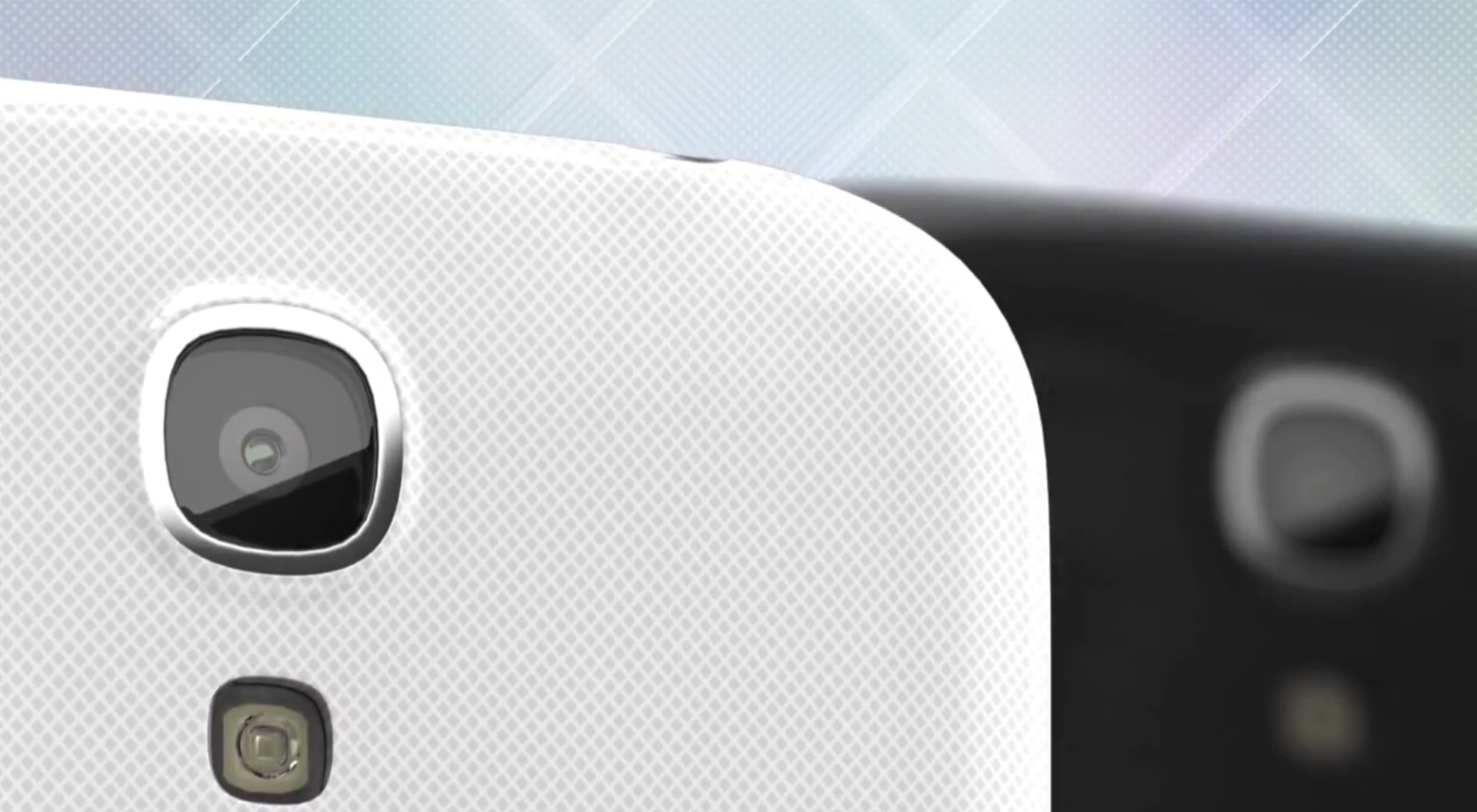
US and UK carriers announce Samsung Galaxy S4 pre-orders
Samsung Galaxy S4 fans, be prepared to use your credit cards because it's pre-order season. A number of UK carriers, including Vodafone, EE and O2 have the new Android smartphone flagship on pre-order today, while in the United States AT&T announced that prospective buyers will have to wait until next month to get their hands on a new Galaxy S4 before it hits online and brick-and-mortar stores.
AT&T revealed that the Galaxy S4 will be available for pre-order starting with April 16 for $249.99 on a two-year contract. The carrier does not specify which model will be offered, but the 32GB Galaxy S4 is a good guess judging by the price of its predecessor at launch, during pre-orders. If 16GB, the price would be $50 higher than Galaxy S3 at launch and what iPhone 5 sells for today.
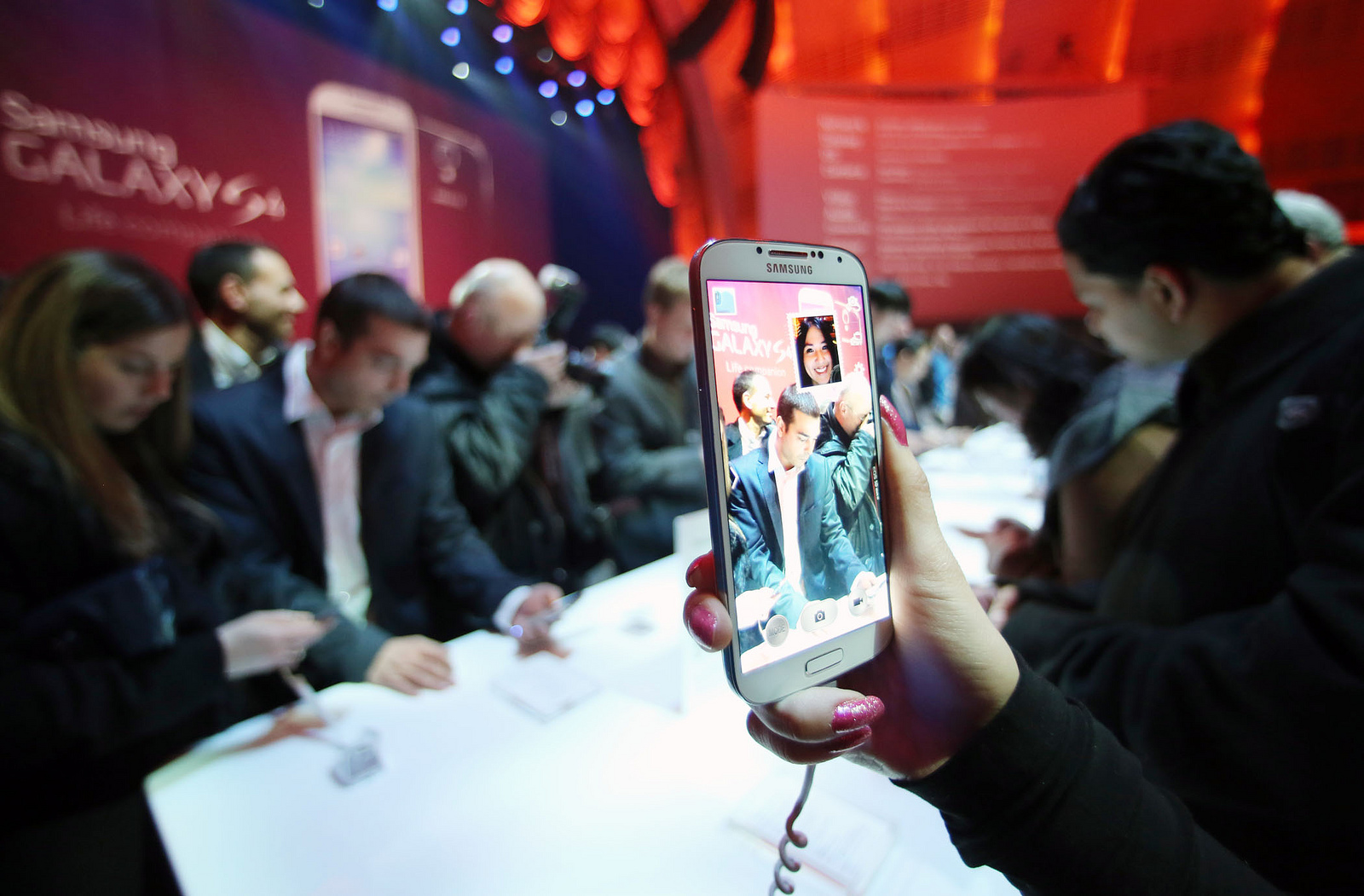
Samsung Galaxy S 4 is better than you think
I was wrong about the Galaxy S 4. Last week, I asserted that brand sentiments had changed enough here -- given Samsung's rising popularity, Apple's image problems and high-profile iPhone-to-Android switchers -- that the South Korean electronics giant could launch the S 4 in the United States. Nope. Reception among bloggers, journalists and the Technorati is largely ice cold. Most first-takes I see call the handset a S 3s and no better than iPhone 5. Idiots.
If Steve Jobs was still alive and introduced a Star Trek-like universal translator for iPhone, there would be cries: "Apple does it again". Tell me what's not innovative about translation from, say, English to Chinese or Japanese to French. In real time. On your phone. Or text-to-speech and speech-to-text translation capabilities? Imagine Jobs demonstrating the "Eraser" feature by taking a photo and jokingly removing marketing executive Phil Schiller from the photo. He could demonstrate dual-mode video by initiating a call with Schiller that includes members of the audience, which I promise would roar and clap.
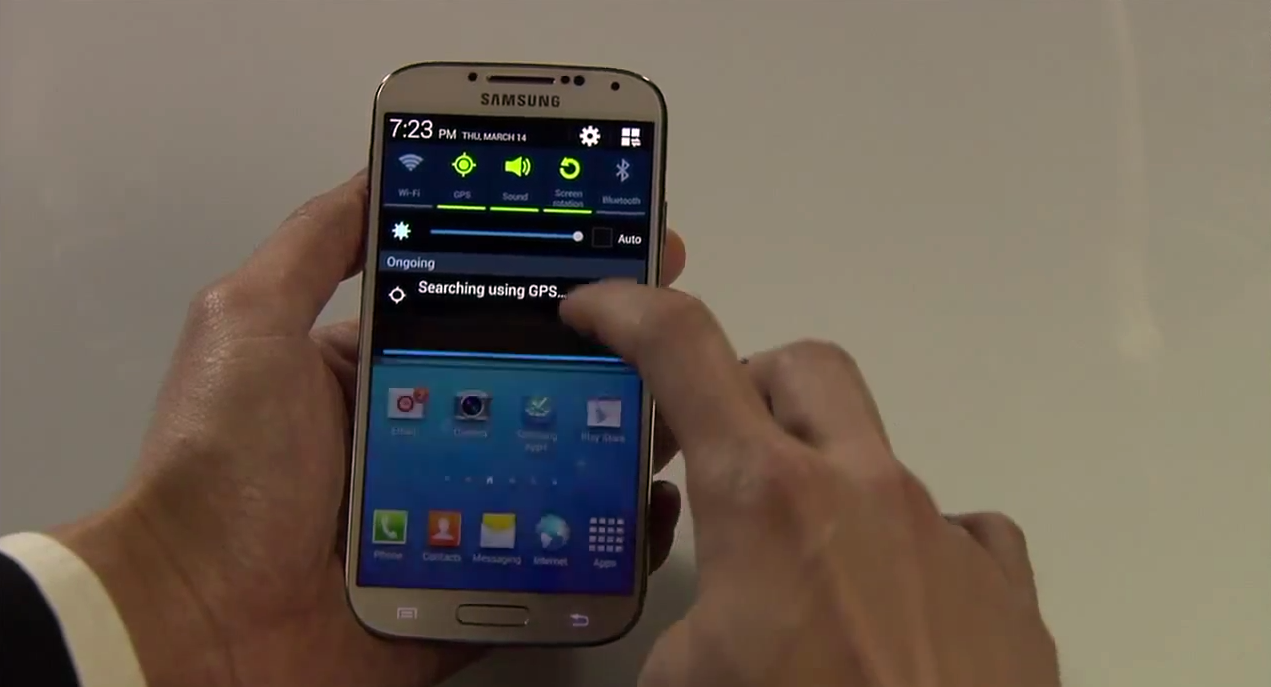
Qualcomm Snapdragon 600 powers the quad-core Samsung Galaxy S IV
Two days ago, at the Unpacked event held in New York, with much fanfare, South Korean manufacturer Samsung unveiled the new Galaxy S4. As we have come to expect, the company mostly focused on the added software benefits rather than showcasing the hardware underneath, leaving folks puzzled as to what powers the new Android flagship.
Samsung revealed two processor choices for the Galaxy S4 -- quad-core or octa-core solution depending on the market. Considering the scarcity of octa-core processors coming from high-end chip makers, the Exynos 5 Octa, which is scheduled for production in Q2 represents one-half of the equation. And, as Qualcomm has announced, the Snapdragon 600 represents the other half.
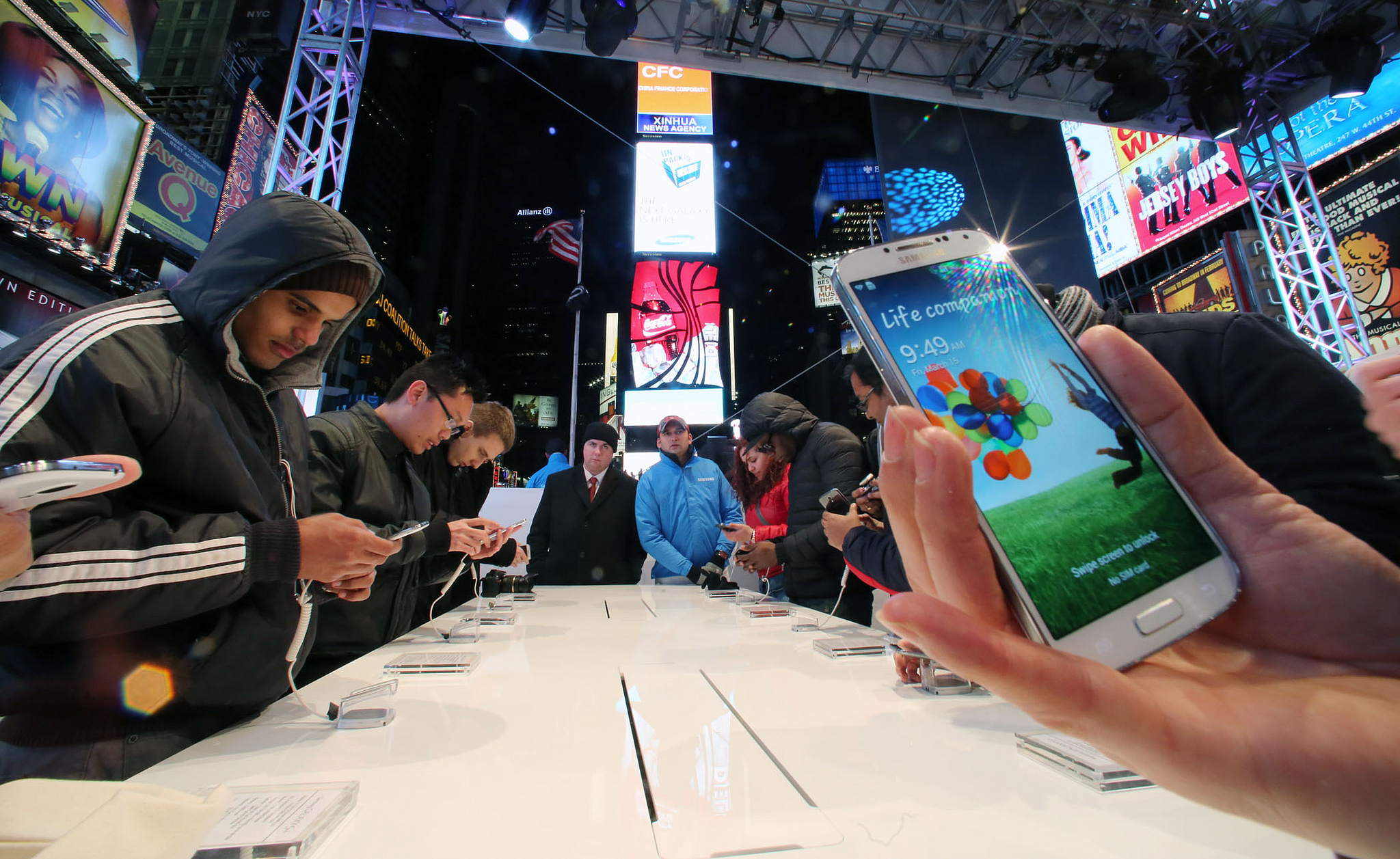
Why I'm not impressed by the new Samsung Galaxy S4
When I was expecting an exotic dish that would blow my mind just by looking at it, Samsung yesterday served up a plain, simple and frankly overdone spaghetti Bolognese. The new Galaxy S4 might just be the best Android smartphone that Samsung has ever made, but it's not as "awesome" or "innovative" nor filled with "innovation" as the company would lead us to believe. It's a wife with some nip and tuck instead of a hot supermodel.
Instead of being smitten by the Galaxy S4 I was left with a bitter taste in my mouth: Haven't I seen some of those features already in older smartphones? Admittedly, there are some impressive ones out there -- like Dual Camera and Dual Video Call -- but generally speaking Samsung appears to have focused more on delivering a huge number of features rather than focusing on fewer truly innovative ones.
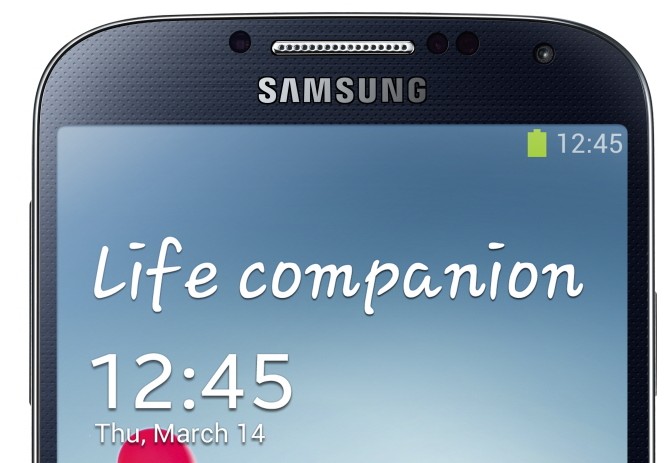
Meet Samsung Galaxy S4
After months of rumors, Samsung finally took the wraps off Galaxy S4 tonight at the famed Radio City Music Hall and to big overflow crowd in Times Square. The phone is as large as the "Unpacked" event, quite literally -- with 5-inch display. Try clipping that to your belt (how I carry my phones).
The hotly-anticipated smartphone starts shipping at the end of April, eventually available from 327 carriers in 155 countries. All major U.S. carriers will sell the phone: AT&T, Cricket, Sprint, T-Mobile, US Cellular and Verizon Wireless. Among the global partners: Deutsche Telecom, EE, H3G, Orange, Telenor, Telia Sonera, Telefonica, and Vodafone. Like earlier Galaxies, the S4 will be available in 3G and 4G (HSPA+ and LTE) variants and, once again, Americans can expect less than buyers in many international markets.
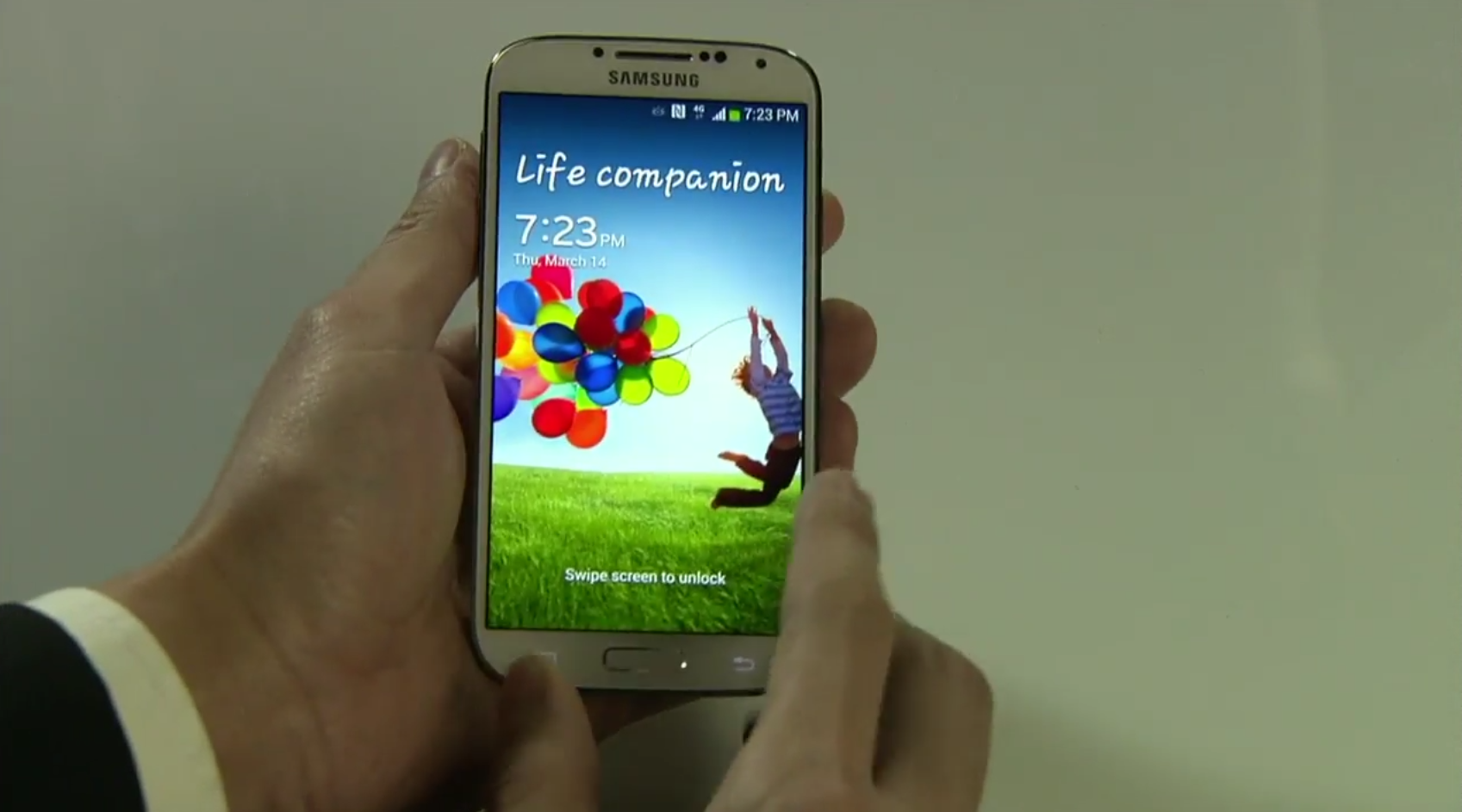
Samsung launches Galaxy S IV
Live from New York, it's Samsung Unpacked! This evening at 7 pm EDT, Samsung officially rolls out its highly-anticipated flagship smartphone, and we're there (via live stream). It's not like being present exactly, but close enough.
All times are Eastern for this post, which is in reverse chronological order (e.g., newest first). I also recommend companion story "Why Apple fears Galaxy S IV".
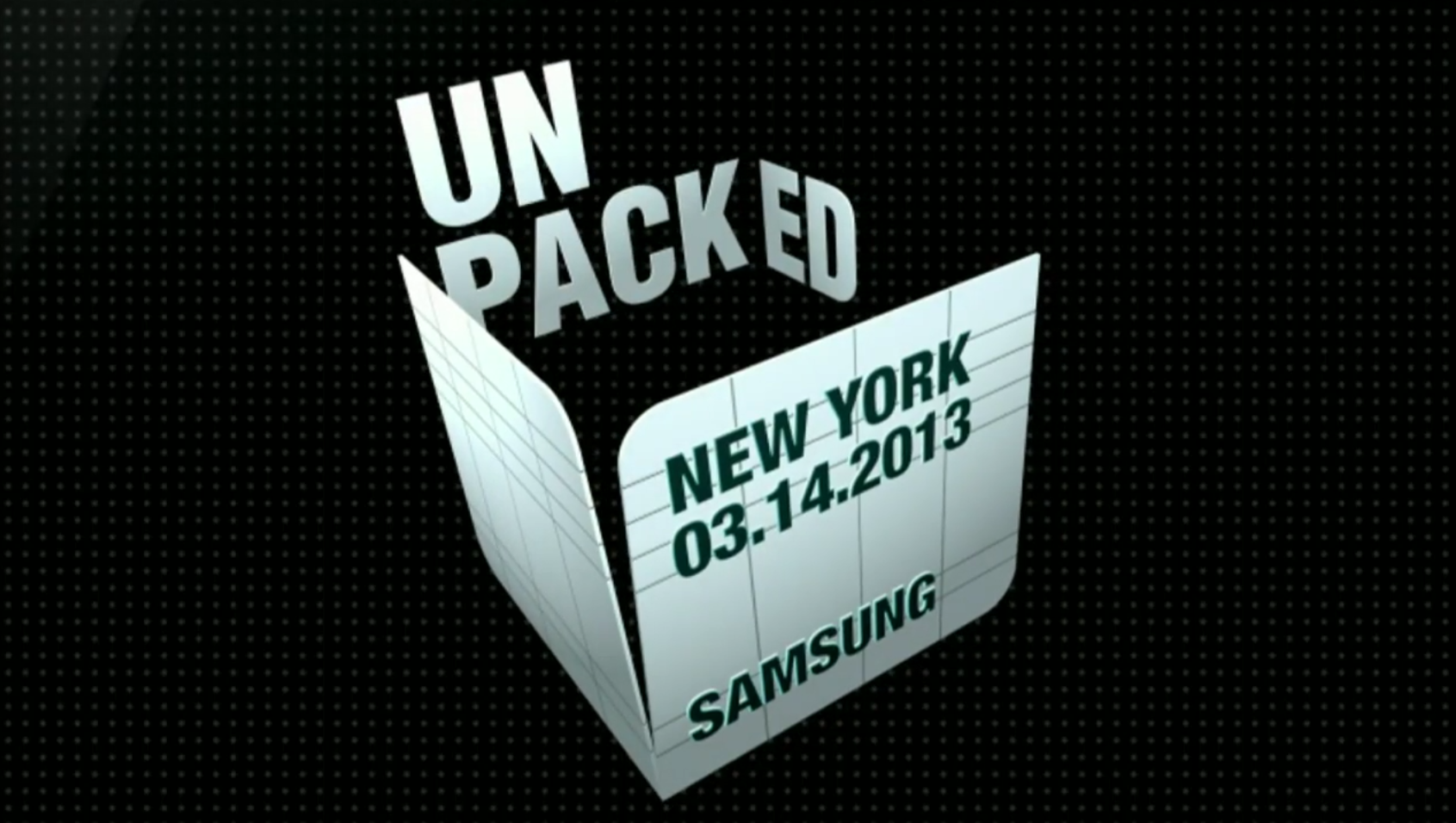
Why Apple fears Samsung Galaxy S IV
Early this evening, during a New York soiree, Samsung launched the Galaxy S IV smartphone. The venue is atypical. The South Korean electronics giant usually starts from home, offering new smartphones globally before reaching the United States. Now, in a dramatic change, a flagship Galaxy phone lands on Apple's home turf first.
The companies are in a struggle for smartphone supremacy, with Samsung leading in most countries. With one glaring exception: The United States. Today's venue clearly marks the South Korean manufacturer's intentions to take the share lead from its American rival.

How pathetic Apple has become
Phil Schiller's preemptive attack against Samsung's Galaxy S IV, which launches later today, says everything you need to hear about the sorry state of Apple. I'm stunned, because the marketing chief sounds too much like Microsoft CEO Steve Ballmer in 2007, when he dismissed iPhone. Denial is the surest sign a company has lost its way, and I don't just mean some executive denying such-and-such product or competitor is any good as distracting marketing ploy. The worst, and Schiller gives it, is corporate denial -- the proverbial ostrich with head in the sand -- about the world around.
Last night, I saw Schiller quoted in the Wall Street Journal. This morning I see posts from Bloomberg and Reuters, too, and a raff of tech blogs and news stories -- largely quoting one of the more mainstream services. The Journal calls Schiller's Android attack a "rare interview". But I see something else: Desperation. Denial. What's missing means much more: The typical leaks and rumors about Apple's next thing that steals the thunder from a competitor. Apple has nothing to show, and the InterWebs are less embracing of rumors. How pathetic is that?

UK mobile giant EE will carry 'the next Galaxy' with 4G LTE onboard
Brace yourselves because tomorrow Samsung unveils the next Galaxy flagship at the Unpacked event held in New York. And, even if there are more than 24 hours until the announcement, UK mobile operator EE (previously known as Everything Everywhere) has joined the pre-show hype bandwagon with an announcement of its own.
In a Twitter post, featuring the same teaser photo that Samsung released yesterday on its own Twitter account, EE has announced that it will carry the next Galaxy (presumably called Galaxy S IV) but with the added bonus of "superfast" 4G LTE connectivity.
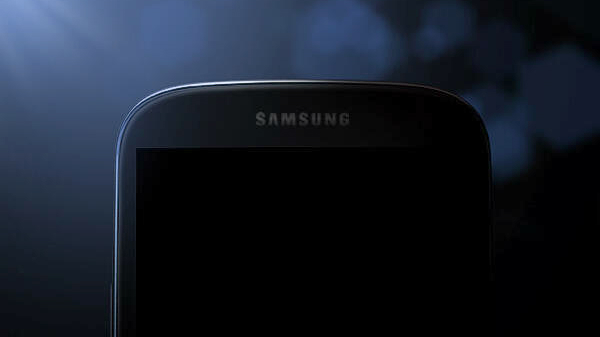
Samsung is the new Apple
One measure of any brand's success is how much people talk about it. By that reckoning, Apple's star is fallen, while Samsung's rises. Consider the amount of rumors the past month or so about Galaxy S IV, which launches this week, and contrast that against near silence about anything Apple. Turn back the clock a year and you'll see modest buzz about the S3 but ongoing Apple rumors that stole the thunder from the Consumer Electronics Show, Mobile World Congress and just about every single new mobile product launch. (Yet this year, Apple efforts to overshadow CES failed.)
Then there was the noise, noise, noise from Apple's patent lawsuit against Samsung, which hundreds of bloggers and journalists used to repeatedly label the South Korean company the world's worst worrisome copycat. In the end Samsung's image is no worse for wear, while Apple rumors wear thin. The most prominent recent one is about a watch. For the wrist? What Citigroup analyst Oliver Chen calls a $6 billion business for Apple. Let me make that clear, because shorthand lacks the impact: $6,000,000,000! That's more than iPod generated in fiscal 2012 ($5.6 billion). Yeah, right.
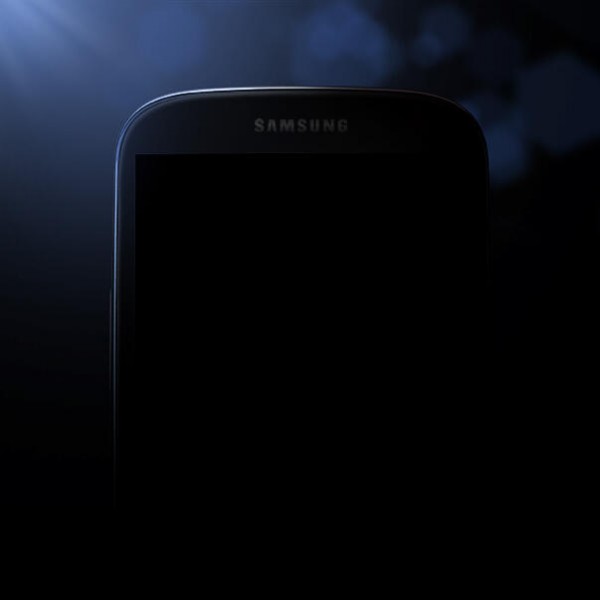
Samsung teases the next Galaxy (again) with a pic of the GS III
As if the hype surrounding the next Galaxy flagship was not enough, after a couple of teasers Samsung released yet another one on Tuesday with a picture showing what appears to be the new Galaxy S IV. Well, is it?
Samsung asked us "Who’s ready for the Global Unpacked Event on March 14?", but if that's what "the next big thing" looks like, count me out. All the blogs were raving today with big headlines suggesting that Samsung actually released a teaser showing the Galaxy S IV in a shadowy background, when in fact the device in question is the plain old Galaxy S III bar the headphone grill and likely surrounding sensors and front-facing camera.

OMG! Unicorn Apocalypse is a real game
Samsung owned the Oscars, by running a series of long commercials about a software company using Galaxy S3s and Note IIs to create game Unicorn Apocalypse. The TV spots were compelling marketing. You simply must watch the 90-second spot featuring filmmaker Tim Burton looking to make zombie unicorn movie "Horn of Darkness".
Unicorn Apocalypse went live on Google Play today (South Korean time). The "game is the winner of Samsung's contest to create the game discussed in the Samsung TV commercials", the company explains. "As the world crumbles and burns, a lone unicorn wreaks havoc on the last of humanity". Reviewers wreak havoc on the game, with 80 one stars out of 142, as I post. Hey, but they are polarized. Another 37 give Unicorn Apocalypse five stars.
